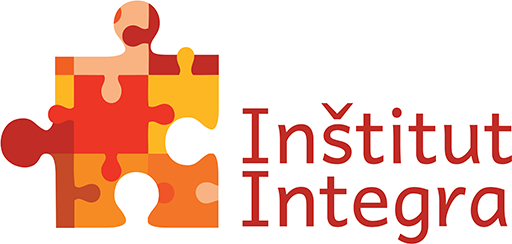INTEGRA Institute started implementing the “Social Inclusion Programme” in 2011, when it was selected in a public call for proposals by the Ministry of Labour, Family, Social Affairs and Equal Opportunities. At the end of 2014, after four years, we reapplied to the call for tenders and were selected again for a five-year programme, from 2015 to 2019 inclusive.
The aim of the programme is to support and preserve the disabled person’s working capacity and to promote his/her social inclusion. The target groups of persons who can be included in the social inclusion programme are (disabled) persons who, at the end of the employment rehabilitation procedure, have received a decision on their non-employability on the basis of the Act on Employment Rehabilitation and Employment of Disabled Persons. Persons with disabilities I and II can also be included. These categories comprise persons who are not entitled to a disability pension under the Act on Pension and Disability Insurance, and persons with physical and mental disabilities with a relevant decision under the Act on Social Protection of Mentally and Physically Handicapped Persons.
The programme aims to:
- strengthen the development, acquisition and maintenance of work habits;
- improve their employability through rehabilitative reassessment and eventual reintegration into the workplace and thus the labour market;
- facilitate social integration and promote personal growth;
- provide professional support to people with disabilities inside and outside the programme, using innovative, active, empathetic, integrative and, above all, effective methods that have a direct impact on improving the quality of life of the person with disabilities.
Increasing segmentation is worsening the conditions of access to work for these particular target groups, leaving more and more people on the unemployment register who face barriers to both labour market integration and integration into the wider social community and support networks.
Until 2021, 16 persons with disabilities were enrolled in the programme, and the professional work with them was carried out by professionals and assistants with knowledge and experience and on the basis of Article 9 of the Disability and Social Protection Act.

